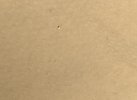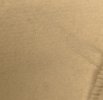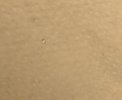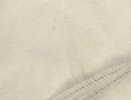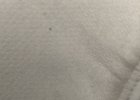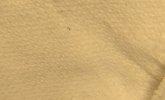At least we only have to clean the ceramic pots since the stems are disposable...
edit:
View attachment 7107
has someone ordered a new stem from Tafee? Because the coating had partially peeled off due to incorrect use with hot water or hot Iso.
But the stem can still be used without any problems I think. I will also completely remove the coating on the lower part I think, like ChoochooCharlie
posted it here recently.
I have a long and short stem.
Neither have developed any signs of wear yet, but that is my plan also, should peeling develop.
I guess the ironic undertone from my previous post wasn’t that clear when talking about “disposable stems” but I strongly believe the damaged stems should be covered under warranty. The Manual clearly advices to clean with ISO and states to use hot water afterwards. Obviously this procedure isn’t as aggressive as hot ISO but not far away since the time factor isn’t deniable at all.
I have some small knowledge concerning material safety (not from the medical but more the technical side). There are 4 interacting factors when talking about chemical resistance:
-type of solvent or detergent
-time
-temperature
-abrasion
When you maximize one factor you might minimize one of the others for cleaning purposes while not harming chemical material resistance:
-more heat, less time, less abrasion and weaker solvent
-more time, weaker solvent, less heat, less abrasion
-stronger solvent, less abrasion, less heat, less time
-more abrasion, less heat and so on.
We might use no heat and we might not scrub, peel, polish or damage the material on purpose. But the accumulated time a stem has contact with the solvent is mostly depending on the frequency of usage (and cleaning).
Also, light scratches and damages of the finish (mostly edges and other contact points) are quite common and inevitable.
Long story short:
I would guess minor abrasion (daily usage), less heat(ambient temperature), strong solvent (ISO) and prolonged contact time (24h) will always occur in chemical degradation if the material isn’t totally inert by itself.



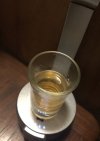
 thx
thx
